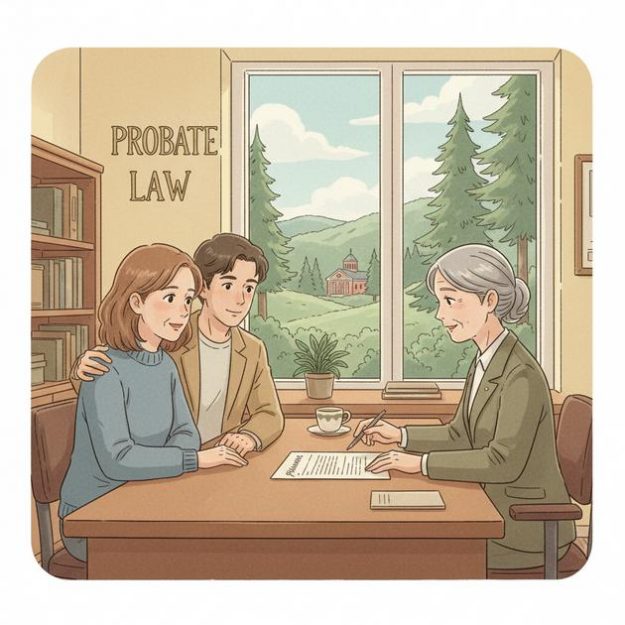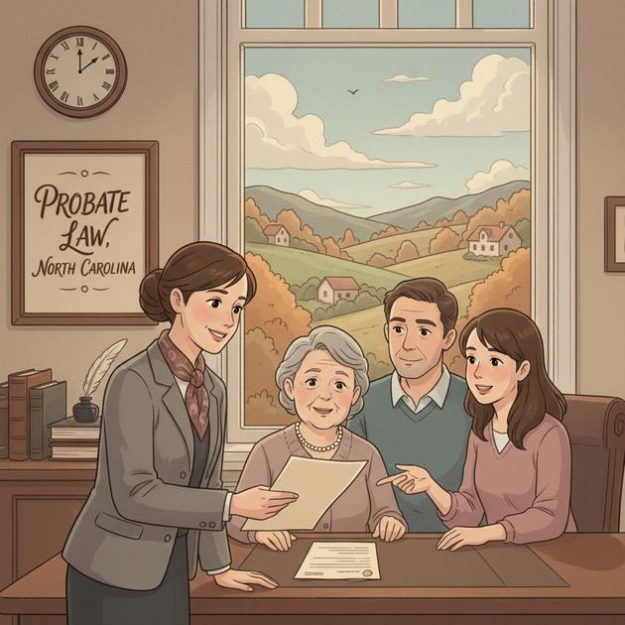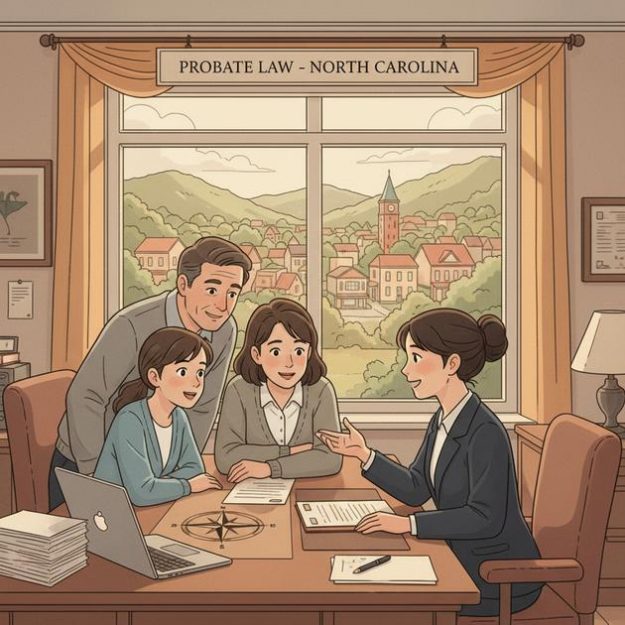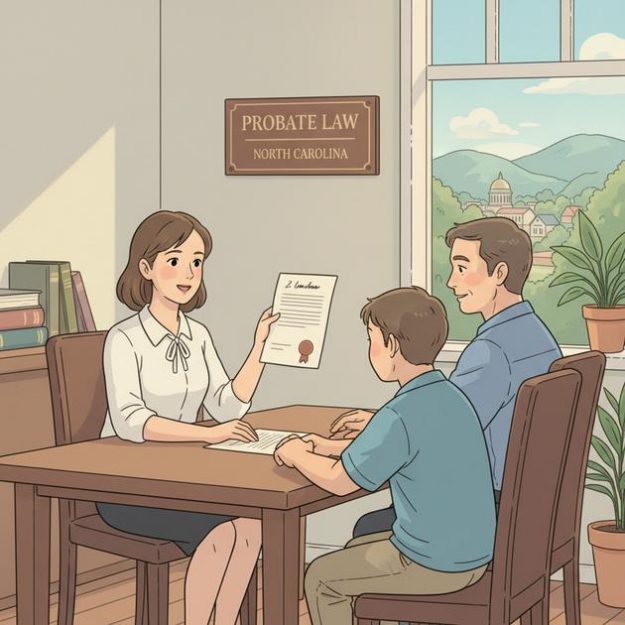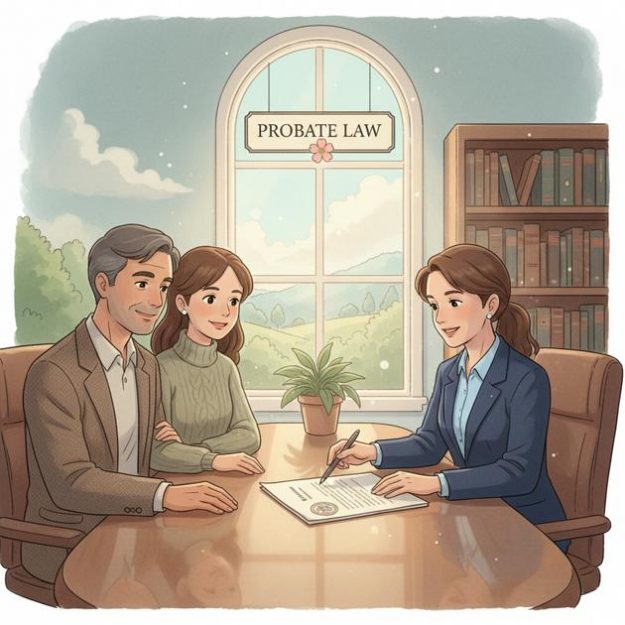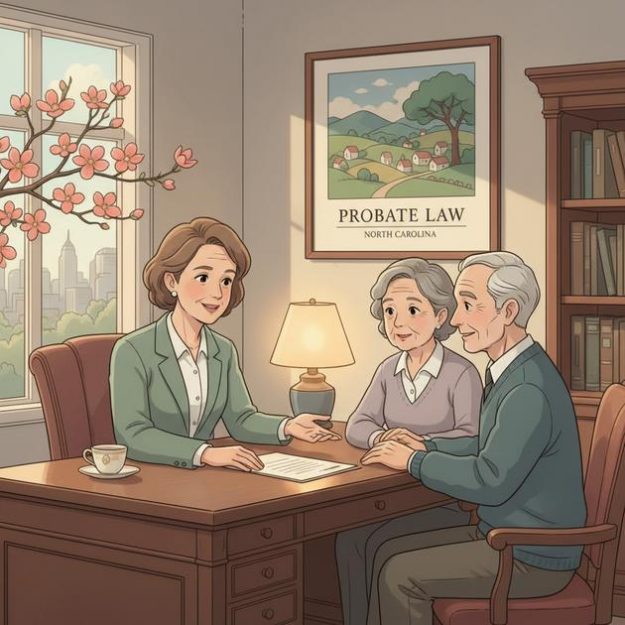What is the process for opening a probate estate when no probate assets remain but I need a court appointment? – NC
What is the process for opening a probate estate when no probate assets remain but I need a court appointment? – North Carolina Short Answer In North Carolina, a Clerk of Superior Court can still appoint a personal representative (administrator) even when most assets passed outside probate, but the court usually expects a clear reason…



